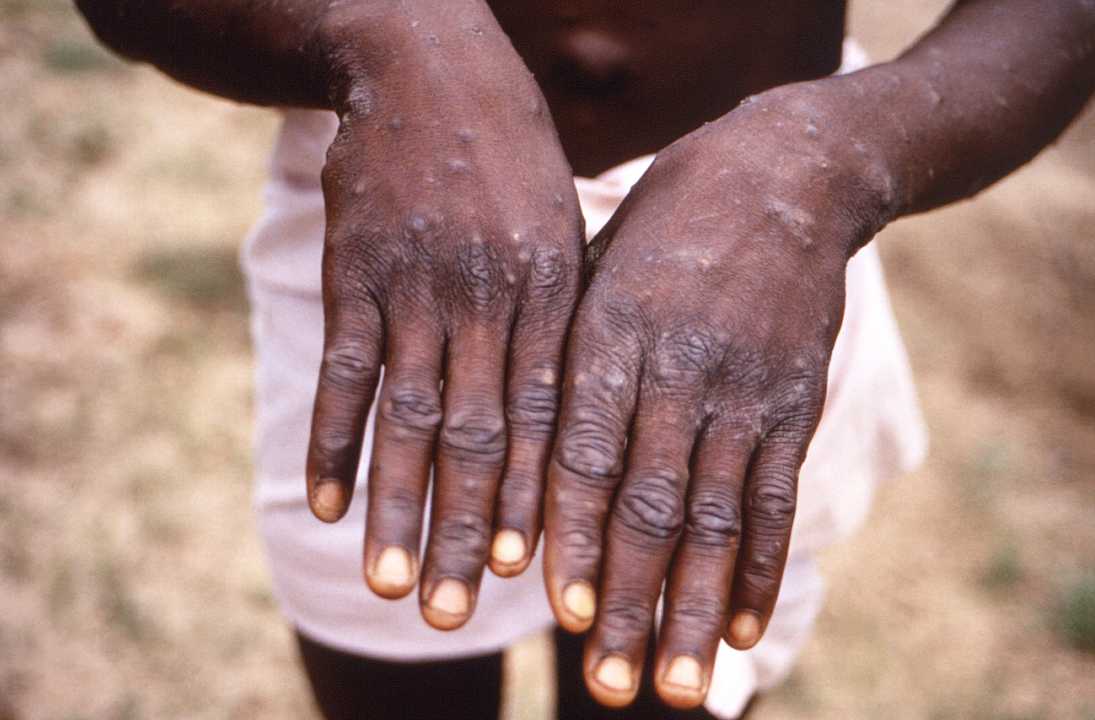Health
Mpox Outbreak Prompts Emergency Declaration

There’s growing concern over the mpox outbreak in the Democratic Republic of Congo (DRC) and surrounding regions. Recently, the Africa Centres for Disease Control and Prevention declared a public health emergency, highlighting the seriousness of the situation. Experts are meeting to determine if the World Health Organization (WHO) should also declare a global threat.
The outbreak has already caused a significant number of suspected cases—over 15,000—across Africa, with 461 deaths reported, mostly among children in Congo. The virus can cause mild symptoms but can also lead to severe illness and even death in some cases.
Despite the alarming rise in cases, it seems that vaccines to combat mpox may take time to reach the DRC. There are many hurdles, including limited supplies and funding. Just last week, the Africa CDC announced it received $10.4 million in emergency funding, but experts worry that this may not be enough.
Jean-Jacques Muyembe-Tamfum from Congo’s national biomedical research institute hopes that emergency declarations will attract more support for surveillance and access to vaccinations. However, Emmanuel Nakoune, an mpox expert, expressed skepticism, stating that if declarations do not translate into action, they won’t make a difference.
Although the Africa CDC is working on securing millions of vaccine doses, immediate availability seems limited, and only about 65,000 doses may be ready soon. Vaccination campaigns are unlikely to start until at least October, leaving communities unprotected for the time being.
Mpox is transmitted through contact with infected skin lesions, body fluids, or even contaminated materials. Currently, most cases are occurring within local communities rather than through international travel, indicating a need for immediate local action.
In response to the uptick in cases, Toronto Public Health is also encouraging at-risk residents to get vaccinated. They emphasize that even if someone has had a smallpox vaccine in the past, getting vaccinated for mpox is still necessary for adequate protection.












